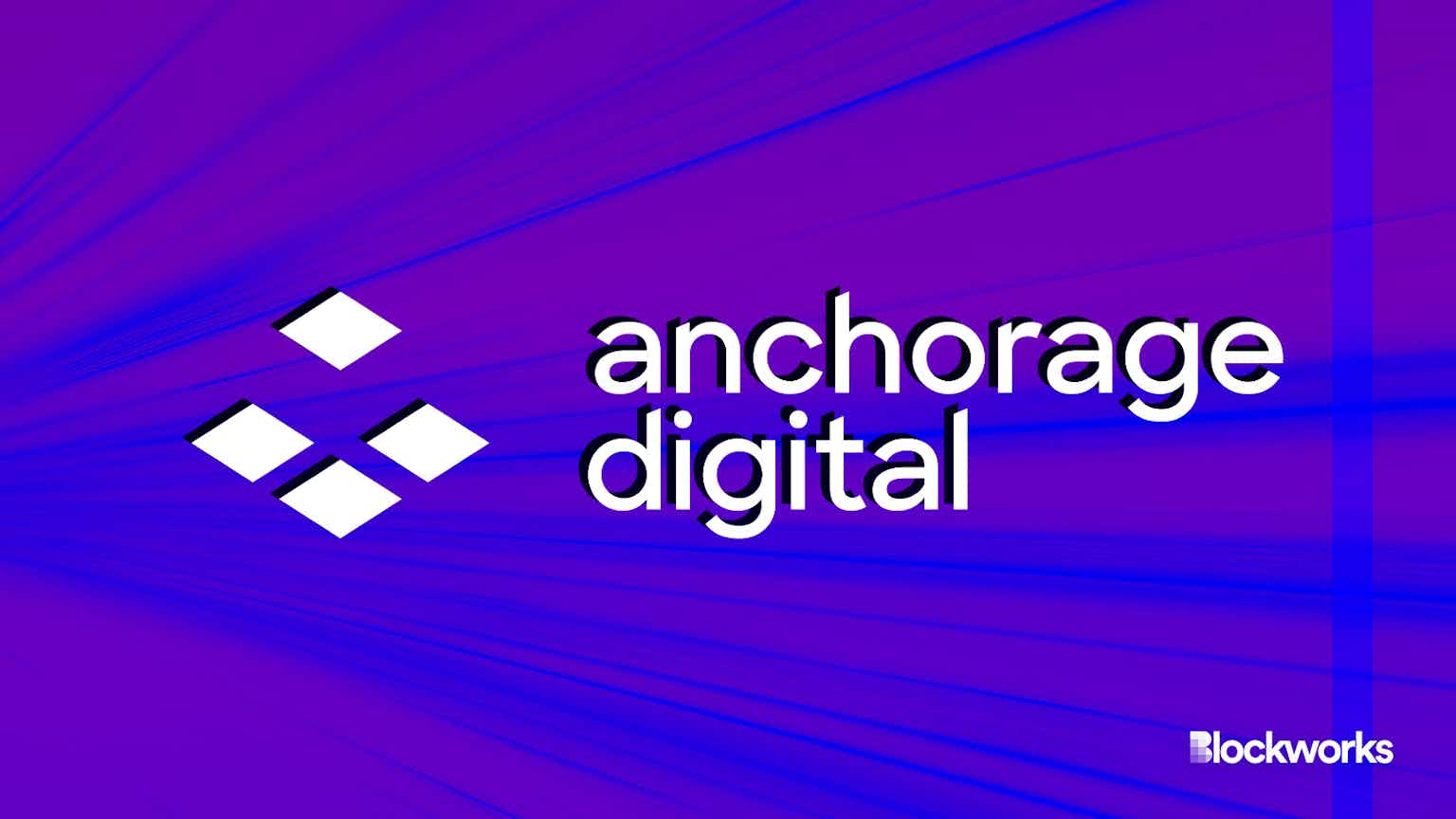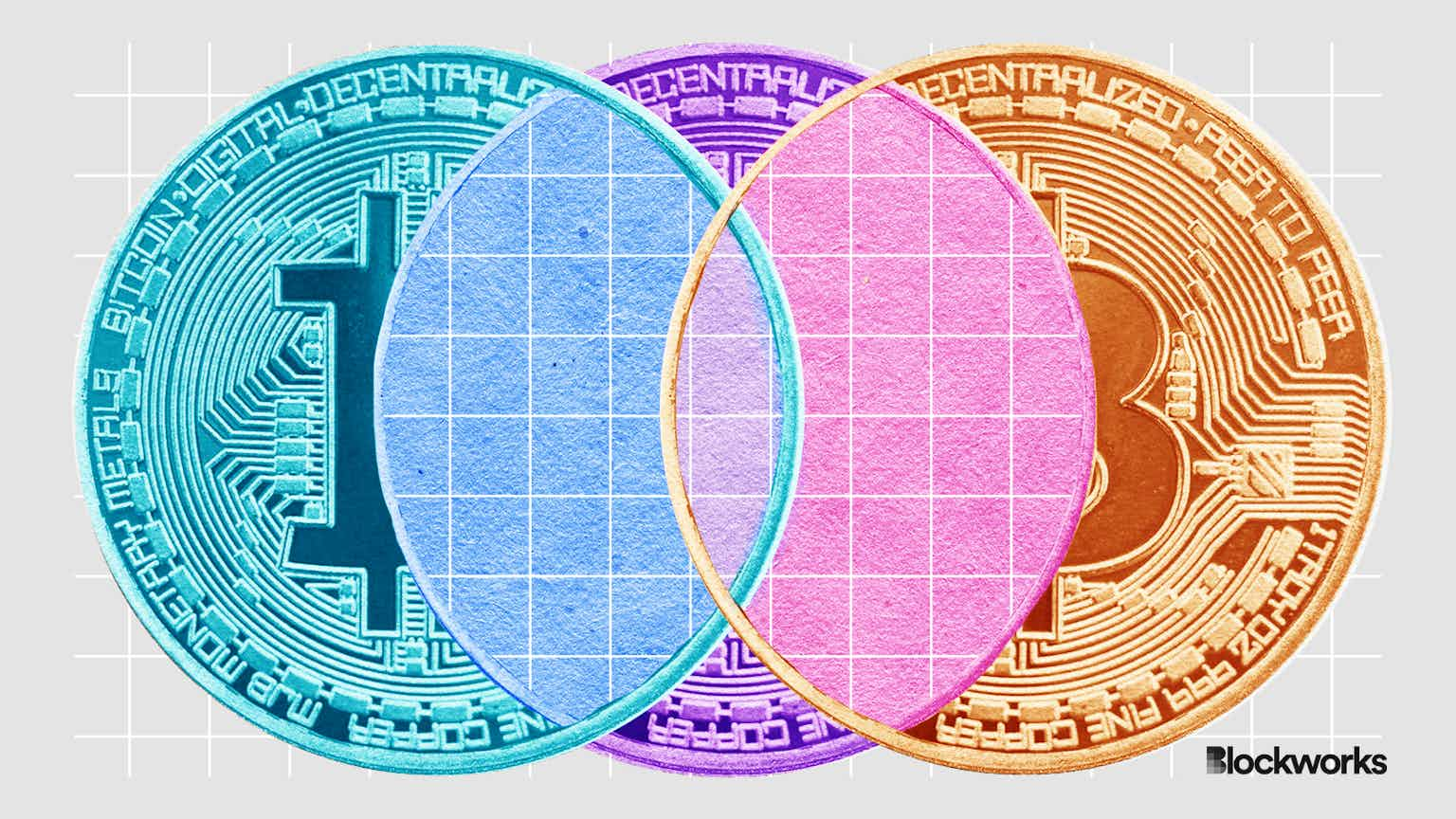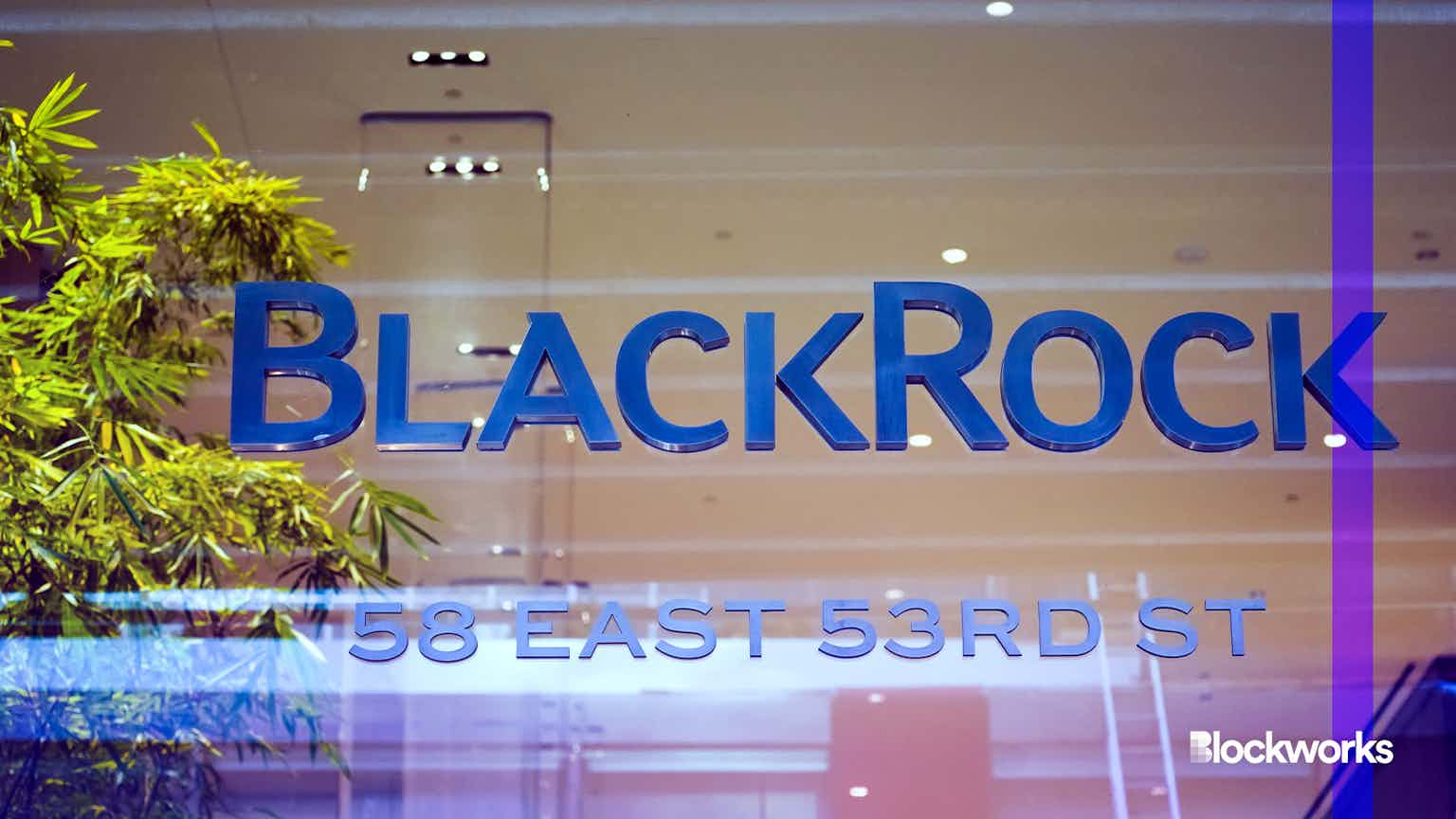Bringing Blockchain Infrastructure Tech to Wall Street
Vanguard and State Street partner with financial market infrastructure provider Symbiont to bring smart contracts to Wall Street

Source: Shutterstock
key takeaways
- Traditional financial institutions are interested in adopting crypto technology, and infrastructure providers are having a hard time keeping up
- Institutions like Vanguard and State Street are already using smart contracts for settlements
According to enterprise technology infrastructure provider Symbiont, Wall Street is already leaning heavily into crypto technology, and the adoption is just beginning.
Symbiont, founded in 2013, launched its first enterprise blockchain product in 2019 with Vanguard. The product allows for smart contracts to take over data normalization for Vanguard’s passive index funds, allowing for orders to be executed autonomously.
Symbiont currently manages about $2.3 billion of Vanguard’s passive indices value through that network, Mark Smith, CEO of Symbiont, said.
“We are looking at the technology as a toolkit to solve existing problems,” said Smith.
“From day one, it was really a question of how do we use this technology, in an appropriate way, for regulated entities to use it in a compliant fashion.”
The infrastructure provider also partners with other big names on Wall Street, including Citigroup, Nasdaq and Franklin Templeton Investments, and hopes for more collaboration opportunities in the future, Smith said.
In its most recent partnership, Symbiont worked with Vanguard and State Street to bring smart contracts to traditional financial transactions.
“We’ve been at the tip of the spear from an enterprise blockchain perspective looking at blockchain smart contract technology as tools to solve real world problems in regulated financial markets,” said Smith.
Vanguard and State Street now use Assembly, Symbiont’s distributed ledger technology, in the margin calculation process for a live trade of a 30-day foreign exchange forward contract.
Vanguard, as a global asset manager, has many international funds, meaning Vanguard must have the available foreign currency on a certain date and time to settle those transactions. To hedge against the risk of the timeframe in which Vanguard needs to settle in a foreign currency, the firm creates forward contracts or swap contracts.
With Assembly, Vanguard and State Street, which act as the bank counterparty, can negotiate the transaction in a secure, encrypted manner through the blockchain, Smith said.
“The smart contract calculates exactly how much collateral you need based on an initial margin calculation that’s agreed upon amongst the two counterparties,” Smith said. “Historically, each side calculates margin on their own, and then they reconcile on an overnight basis or every two days manually to determine if both sides got the right margin variance calculation.”
Symbiont, and other companies in the infrastructure space, are having a hard time keeping up with growing interest in crypto technology from financial institutions, Smith said.
“Demand has actually outpaced expectation, not just from a Symbiont perspective, but I think if you look at the other market participants, they are all looking to expand,” he said. “Now the question becomes how do those entities onboard and become customers, that’s the next phase of how enterprise blockchain starts to really take hold in these applications.”
Start your day with top crypto insights from David Canellis and Katherine Ross. Subscribe to the Empire newsletter.





